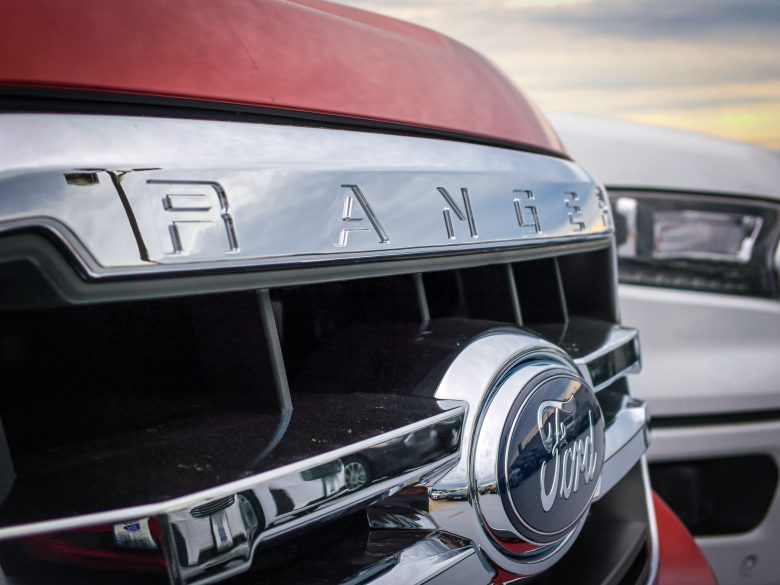The spiritual downside to spending 30 years studying finances and the last 7 focused on business academics is that I judge people’s property. I look at the brand-new truck people are driving and make assumptions like “Truck poor is the new poor.”
According to one top economist, dropping $40,000 on a new truck (or car) is not supposed to occur until you’re making $400,000/year (10%) or have a million net-worth (spend less than <.05% on any single purchase outside the home).
Whether you dropped the $40K all in cash or you are paying twice for it by doing a 60-month loan, that’s a whole lot of money for a vehicle that is not making you money. It’s a monthly payment in the $800-$1300/month range plus gas, insurance, repairs, and maintenance.
I probably shouldn’t judge. Yet, when I see how sweet someone’s ride is or that they’re pulling a boat with said ride, I can’t help but wonder if they maxed out their 401(k), set up a Roth IRA, or purchased income producing real estate first before the car and the boat. I knew many people who got financially hard-pressed during the pandemic who had Land Rovers and Mercedes in the driveway on leases and payment plans that could do nothing to help them out of a jam.
When it comes to waking up happy, at peace, and just astounded by how much money and security you have vs. waking up stressed out in a cold sweat wondering where all of the resources you’ve worked hard to generate the last 5-20+ years went is all in the detail. As an example, if you took the difference in a $40,000 car and a $20,000 one, you could max your retirement accounts out each year. If you’re wise and willing to put in the time, you can find a really good, clean used version of the same or similar vehicle and save the $20K off of new. You don’t experience massive depreciation and you’re generating what will be literally 100s of $1000s of dollars in returns.
This is certainly not a sermon on avoiding the purchase of nice things; particularly if you are making all of the right investments and have the surplus capital to purchase them.
The truck, of course, is just a metaphor for many buying decisions and the requirement of thinking through how even the small dollars are invested so they multiply into bigger ones. Studies done on those purchasing high end vehicles and homes found that initially, they are more pleased or positive related to choosing luxury brands or nicer homes. Yet, over time, these feelings fade – often dramatically. More people than not end up with some remorse in their overspending, regret the additional cost, and have lost that loving feeling related to the excess features these purchases offered. Once you drive the vehicle or walk into the home enough times, they become modes of transportation and a place to live.
4 Standards of Wealth to Challenge Your Current Approach:
- Personal purchasing algorithm (PPA): Consider some version of what the economist above set in place for your purchases; what percent of your total income or net-worth is the max you will spend on any one purchase?
- Determine your minimum investment criteria (MMC) each year: Before buying expensive things, have you followed advice on maxing out your different investment accounts like a 401k, a Roth, securities, and a real estate investment account as examples as well as driving down bad debt?
- Cash position (CP): The value of cash has become a concern, but you have to have enough cash along with liquidity in your investments for taking advantage of opportunities that arise or dealing with potential economic challenges.
- Time investment in current financial practices and future wealth. Different from the other categories, this is your daily or weekly due diligence. This is where you investigate purchases, potential investments, and evaluate your overall financial picture related to debt, allocations, bills, etc. On a regular basis, I find new investments, better rates on things like homeowners insurance, meet with our financial planner, and investigate purchases. (A recent truck purchase for my wife was 3 months of research and talking to experts to find what she would tell you is an amazing vehicle).
Have fun saving the world!
Dr. Ben

